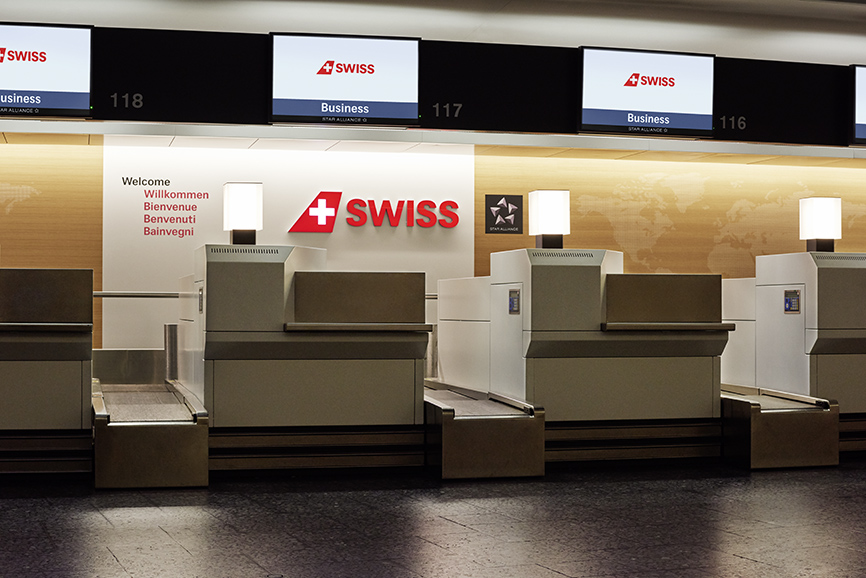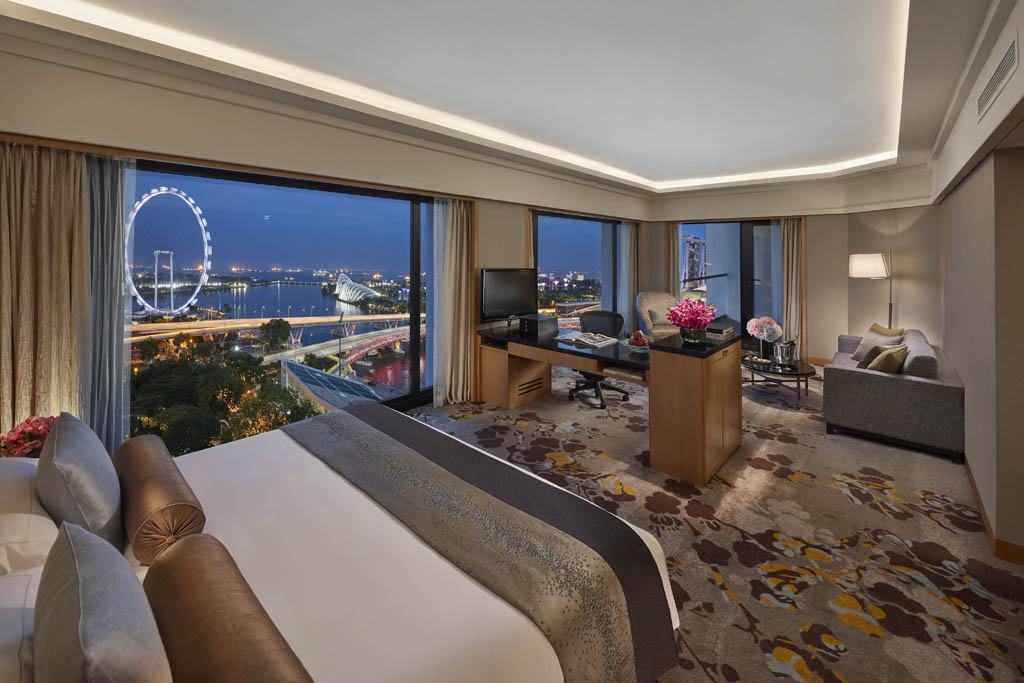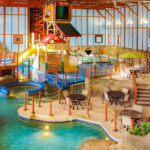With comprehensive strategies and an enhanced perspective, SWISS holds up its environmental responsibility with its many efforts in minimizing its impact on both the climate and air business.
Over the years, SWISS has achieved tremendous feats in reducing its carbon footprint and promoting the same. Its continuous investment in advanced and fuel-efficient aircraft and engine technologies has made possible some of the most notable changes in air travel. Implementing more efficient concepts for departures and approaches each year, here is how the airline is flying ahead with its visions of sustainable travel.
CURRENT ACHIEVEMENTS
The key to CO2 neutral flying lies in the use of sustainable aviation fuels (SAF), and SWISS is well-engaged. While its total passenger and cargo capacity more than doubled between 2002 and 2018, its fuel consumption increased by only 30% over the same period. SWISS’s specific fuel consumption amounted to 3.11 liters in 2018, which translates into 78 grams of CO2 emissions per passenger-kilometer. A small car, by comparison, emits around 110 grams of CO2 per kilometer.
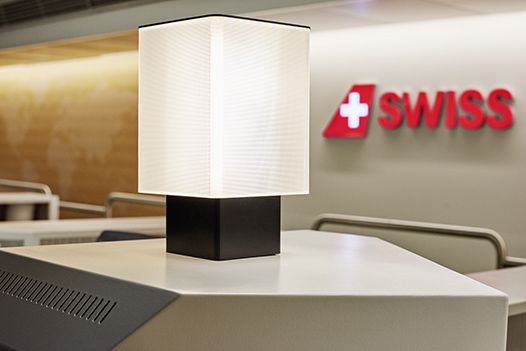
SUSTAINABLE AVIATION FUELS (SAF)
One of the most vital aspects of decarbonizing air travel, SWISS is committed to introducing and promoting SAFs to the larger market. It is actively engaged in the development, trialing and adoption of sustainable aviation fuels as well as the development of solar fuels. The brand has also joined hands with Synhelion, the pioneer in sustainable solar fuels, and together aims to accelerate the market introduction of these forward-looking technologies to conduct and scale up global production.
ADVANCED AIRCRAFTS
Beginning from its very core, SWISS invests in efficient new aircraft types, and is renowned to fly one of Europe’s most advanced aircraft fleets. Its short-haul Airbus A220-100s and A220-300s, for instance, consume up to 25 per cent less fuel than the Avro RJ100s. SWISS is also currently replacing its older Airbus A320s and A321s with the new A320/A321neo. With its aerodynamic wingtip ‘sharklets’ and its cutting-edge powerplant technology, the A320neo family achieves reductions in fuel consumption of up to 20 per cent per seat-kilometer and are equipped as standard with noise-reducing vortex generators.
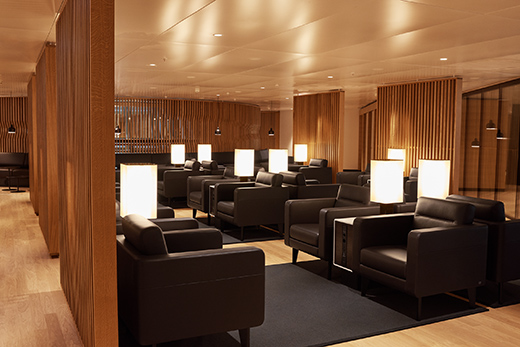
CARBON-NEUTRAL TRAVEL
SWISS believes in the power of collaboration, hence with Lufthansa Group it continues to offer new products and services that enable both corporate clients and private customers to reduce their carbon footprint. Guests are encouraged through the purchase of SAFs or investments in climate protection projects of the Swiss-based myclimate foundation – an organization that supports small and medium enterprises taking action to protect the climate around the world.
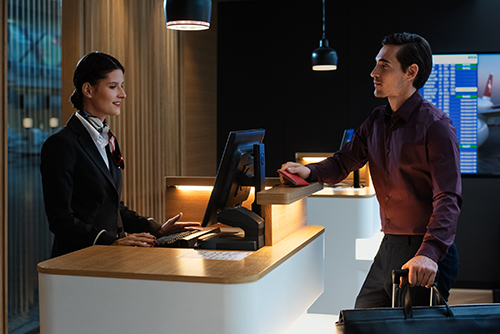
AEROSHARK DEPLOYED
In October 2022, SWISS became the first airline in the world to deploy the innovative AeroSHARK technology on its passenger services. A transparent film applied to its aircraft’s fuselage and engine nacelles, AeroSHARK replicates the hydrodynamic skin of a shark to reduce aerodynamic drag and, as a result, lower both inflight fuel consumption and carbon dioxide emissions. Co-developed by Lufthansa Technik and chemicals and coatings manufacturer BASF, this AeroSHARK film has presented an annual carbon emission savings of up to 15,200 tonnes!
FUTURE TARGETS
Together with the Lufthansa Group, SWISS has now set itself ambitious targets for reducing CO2. The airline aims for 50% reduction in net CO2 emissions compared to 2019 by 2030 and CO2-neutral aviation by 2050. At the same time, SWISS is also looking forward to the digitalization of approach technologies and reaching CO2-neutral mobility by 2030.

